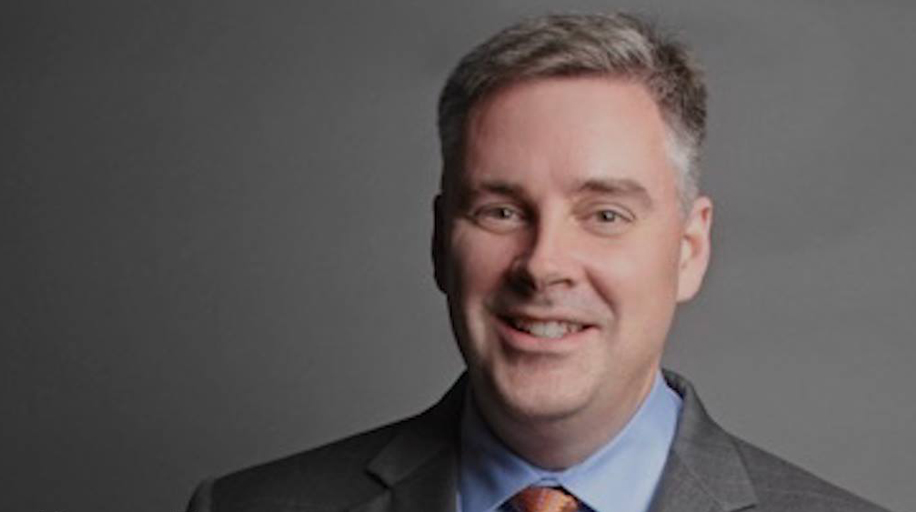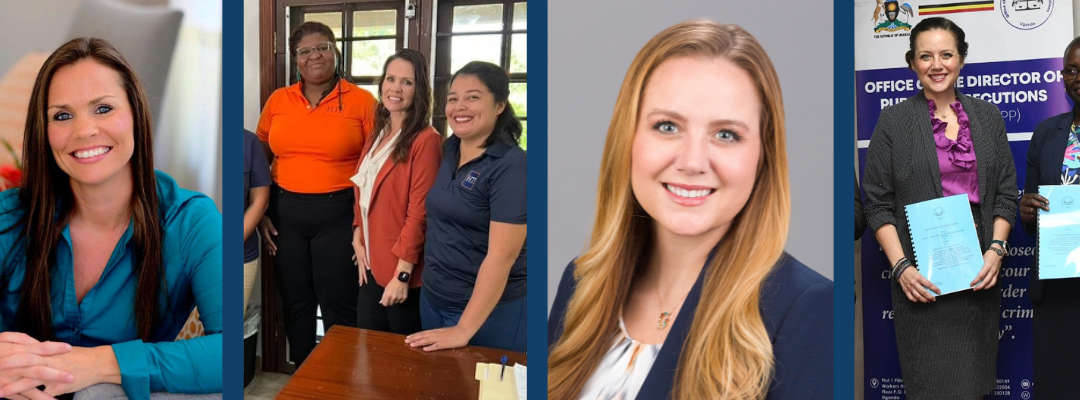Former Federal Bureau of Investigation Special Agent Dave Rogers joined the Human Trafficking Institute on April 3 as the Institute’s first Director of Law Enforcement Operations. In this role, Rogers will build, equip, and support a team of experienced human trafficking investigators who will be embedded within specialized anti-trafficking units around the world so that more traffickers can be stopped and more victims set free. He will also develop training materials and assist governments around the world on trafficking cases.
Rogers served as the FBI’s National Program Manager for Human Trafficking and oversaw the Bureau’ anti-trafficking work across the United States. Prior to focusing on human trafficking crimes, Rogers was an Instructor at the FBI Academy in Quantico, Virginia, and during his 23 years in federal law enforcement he worked organized crime, labor racketeering, asset forfeiture/money laundering and international terrorism. Most recently served as the U.S. Program Director at Hope for Justice in Nashville, Tennessee.
Dave Rogers recently sat down with Kelli Ross to share about his experience in anti-trafficking work.
Q. What led you into anti-human trafficking work?
A. I found out about human trafficking late in my FBI career. I was actually in church when I found out, and when I learned of it I did a career replay in my mind. I realized I had arrested victims of trafficking, because I didn’t know what I was looking at. In those moments, all I saw was commercial sex. I didn’t see the underlying conditions in which they were in at the time. So, when I came to this realization, I thought this has to change. I started to volunteer in the community that was engaged in anti-trafficking. I had to study, do homework, and figure it out.
At the time, I was teaching at the FBI Academy, and I said it’s time to get uncomfortable and go actually work it, and that’s when I transferred up to take over the Human Trafficking Program in the Civil Rights Unit at FBI headquarters. And, that’s what I did for the last four years of my FBI career, and I developed subject matter expertise.
On that day I found out about trafficking, I knew what I was going to do for the rest of my life. I knew that I was an abolitionist. All of my efforts were going towards doing whatever I could do to combat trafficking. A passion was born in me at that moment.
Q. What surprised you most about human trafficking?
A. I was shocked into an awareness that slavery actually still exists. I was raised to believe slavery didn’t exist anymore. When I was in junior high school, I found out one of my ancestors was an abolitionist poet during the Civil War. I thought that was so cool. I also thought it was irrelevant because I didn’t realize that slavery still existed.
When I heard about the reality of modern day slavery, I said, “Are you kidding me? This still exists?!” And, in fact there are more slaves now than have ever existed in the history of mankind. It was a shock to my system and to the status quo. I didn’t want anyone else to arrest a trafficking victim. I didn’t want to ever do that again. I want people in the community to be aware of the reality around them.
That slavery still exists. That was to me the most appalling thing.
Q. What do you wish people knew about the reality of trafficking?
A. We can actually do something about human trafficking. It is illegal everywhere in the world, but so what? It’s irrelevant if nobody is going to enforce the laws.
I wish people would pay attention to what’s actually going on in the world around them. There is room for everyone in this fight. We need people who can poetically write about this issue, and people who can create awareness campaigns. We need people who can teach. We need lawyers, social workers, law enforcement officers, and judges. We need it all, and no one is all of those things.
I want them to be aware and impassioned and emboldened to go do something about it, because they can do something about it.
Q. Why join the Human Trafficking Institute now?
A. There is no rhetoric in this. I am in awe of John [Richmond] and Victor [Boutros]. They are two of the smartest people I’ve ever met in my life and yet they’ve done it. They aren’t just academics. They are practitioners. They are so smart, and they are so passionate, and they are good men. The opportunity to work with them on a vision that I agree with and believe in and where my skill set actually has applicability – it was an opportunity that presented itself in a way that how do I say no to it? Those guys are the real deal.
Q. What gives you hope and the ability to continue working in this field?
A. My hope is that there are really smart, passionate, engaged people around the world trying to address the issue. And, I have hope that we understand now what we didn’t understand before. We know what trafficking looks like. We can stop traffickers and care for survivors.




